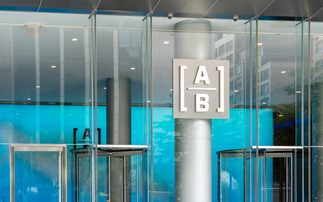
Stocks are not merely pieces of paper or ticker symbols on a screen. They represent real businesses with multiple stakeholders—employees, customers, suppliers, governments, communities—in addition to shareholders. When assessing the intrinsic value of companies, we always consider the full range of risks, opportunities, and competing interests that the businesses may be facing. It's a process that requires good judgement, a holistic view of the companies' unique circumstances, and a lot of time speaking directly to management teams.
Last year, our analysts held over 800 meetings with more than 400 companies. About a third of those meetings included at least some discussion of environmental, social or governance issues. In each case, our goal was to understand what actions the company was taking, the likely impact on intrinsic value, and ultimately what it might mean for the stock's prospective risk-adjusted return.
In that sense, our analysis of a complex issue such as climate change is no different to any others that come up in our fundamental research process. The analysts who are closest to each company develop a thorough "bottom-up" understanding of the key issues at stake, and then make appropriate adjustments to their financial forecasts and valuation assumptions. Sometimes we find that the relevant issues are already fully reflected in the share price, but other times we can identify an underappreciated risk or opportunity.
Shell, a top holding in several of the Orbis Funds, provides a good illustration. Shell is one of the world's largest producers of oil and gas, so climate change has obvious implications for the intrinsic value of the business. With oil prices near $80 per barrel, Shell is highly profitable, but the burning question is how long those profits can be sustained in a world that is committed to transitioning away from fossil fuels.
Past performance is not a reliable indicator of future results. The value of investments in the Orbis Funds may fall as well as rise and you may get back less than you originally invested. It is therefore important that you understand the risks involved before investing. This report represents Orbis' view at a point in time and provides reasoning or rationale on why we bought or sold a particular security for the Orbis Funds. We may take the opposite view/position from that stated in this report. This is because our view may change as facts or circumstances change. This report constitutes general advice only and not personal financial product, tax, legal, or investment advice, and does not take into account the specific investment objectives, financial situation or individual needs of any particular person. This report does not prohibit the Orbis Funds from dealing in the securities before or after the report is published.











